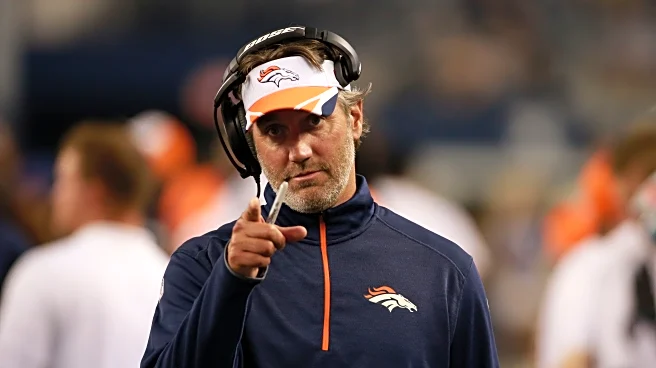Fundamentally, there’s only one club that matter in German football. At least if you’re judging it by things like “who’s going to win the Bundesliga this year” and “who might challenge for the Champions
League.” Either way, it’s a short list. A one-club list. That begins and ends with Bayern Munich.
That’s a situation that has seemed to mostly suit Bayern and their fans, the club racking up 19 Bundesliga titles this century alone—and taking fully 12 of the last 13. They’ve mostly done that by leveraging their position to vacuum up the best German talent from anyone aspiring to become a rival.
They’ve also gone out of their way to whenever possible get that talent on the cheap, favouring free transfers and widely seen as encouraging players they want to sign to run down their contracts, depriving other German clubs of funds to reinvest and that they might use to stay competitive with Bayern.
Now, though, there are signs the approach has had unintended negative consequences, as both top playing talent and global fans no longer see the Bundesliga as an appealing destination or product. Even worse, Bayern are increasingly seeing top German talent leave Germany rather than join them.
This summer, they lost Florian Wirtz—the top German player of his generation and a presumed future Bayern star—to Liverpool. Then they lost Nick Woltemade to Newcastle, unable to justify matching the English club’s transfer offer. This has ex-Bayern star Michael Ballack a little worried.
“Fundamentally, I’m concerned,” Ballack noted. “Take Wirtz. Does it make sense for him and his development to play in the Bundesliga with Bayern for another two or three years? Of course he would win championships there, but would the Bundesliga be a challenge for him at the highest level?
“No, because the Bundesliga was overtaken by the Premier League. That is the reality. That’s why it’s generally no longer attractive for the absolute top players. And that’s why changes are needed. Of course, English clubs pay insane amounts. But for Wirtz, Bayern were prepared to pay up to €100M.”
Longer term, though, bad for Bayern might not be all bad for German football. Newcastle paying “insane” money for Woltemade may have deprived Bayern of their presumed Harry Kane succession plan, but it also means Stuttgart have significant funds now to reinvest and strengthen their squad.
Leverkusen selling Wirtz to Liverpool—as well as right back Jeremie Frimpong—brought more money into the club than if Wirtz had only wanted Bayern. As Ballack says, Bayern were ready to pay €100M. Liverpool, though, in the end paid €144M (£125M) for Wirtz along with €35M for Frimpong.
Not being able to vacuum up the top German talent at bargain prices might be bad for Bayern’s dominance. And that might hurt their pride. But over the longer term, money going to other clubs in the Bundesliga might be just what the league needs to regain something resembling competitiveness.










